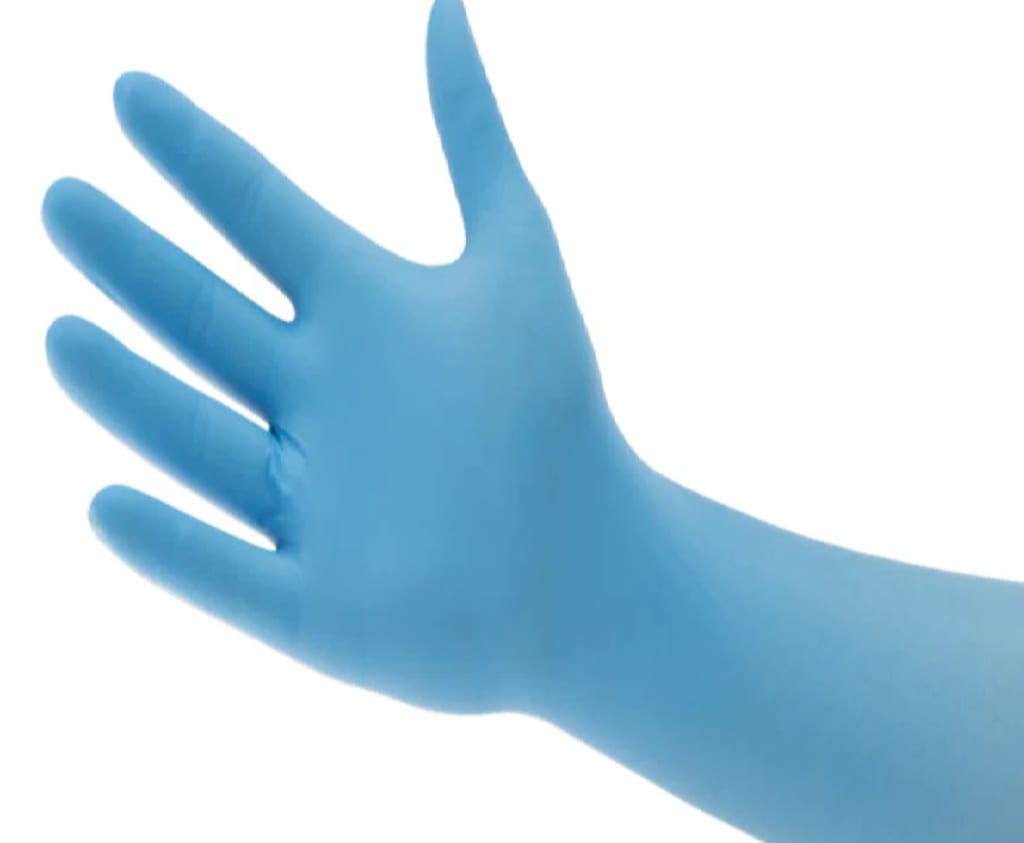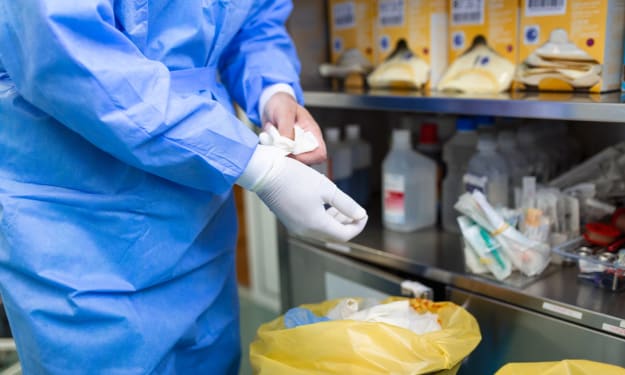AI Boosts Disposable Gloves Industry to Meet Demanding Quality Standards
artificial intelligence (AI) is playing a crucial role in transforming the disposable gloves industry

The disposable gloves market has witnessed substantial growth in recent years, driven by increasing demand from various industries, including healthcare, food processing, automotive, and manufacturing. The COVID-19 pandemic further accelerated this growth as people around the world began relying on disposable gloves to protect themselves and others. This heightened demand has brought the need for improved quality and production efficiency to the forefront. In response, artificial intelligence (AI) is playing a crucial role in transforming the disposable gloves industry, enabling it to meet the stringent quality standards required by different sectors.
AI-Powered Quality Control
One of the key areas where AI can significantly contribute to the disposable gloves industry is quality control. Manual inspection of disposable gloves is a labor-intensive and time-consuming process, which can lead to human errors and inconsistencies. AI-powered inspection systems, on the other hand, can automate this process, ensuring that the gloves meet the necessary quality standards and reducing the rejection rate of subpar products.
These AI-driven systems use advanced computer vision techniques to inspect and identify defects in disposable gloves, such as pinholes, tears, or contamination. By analyzing large volumes of data, these systems can learn to recognize patterns and detect anomalies that could compromise glove quality. This level of automation allows manufacturers to maintain consistent quality across their products, leading to increased customer satisfaction and reduced waste.
Predictive Maintenance and Production Optimization
Another area where AI can boost the disposable gloves industry is through predictive maintenance and production optimization. Manufacturers often face challenges in maintaining machinery and equipment, which can lead to unexpected downtime, lost productivity, and increased costs. AI-powered predictive maintenance systems can analyze data from sensors placed on equipment to identify patterns and predict potential failures before they occur. This allows operators to schedule maintenance proactively, minimizing downtime and reducing the risk of costly equipment failures.
In addition to predictive maintenance, AI can also help optimize production processes by analyzing data from various sources, such as production lines, raw materials, and environmental factors. By identifying patterns and correlations, AI algorithms can suggest improvements to the manufacturing process, such as adjusting machine settings, optimizing raw material usage, or modifying production schedules. These optimizations can lead to increased efficiency, reduced waste, and ultimately, a more sustainable and cost-effective disposable gloves industry.
Customization and Personalization
As industries continue to evolve and diversify, the need for specialized disposable gloves has grown. AI can assist in meeting these diverse needs by enabling manufacturers to create customized and personalized gloves tailored to specific applications and user preferences. For instance, AI can analyze data on user preferences, glove performance, and industry requirements to design gloves with specific features, such as enhanced grip, improved comfort, or increased durability.
By leveraging AI's capabilities in pattern recognition and data analysis, manufacturers can create gloves that not only meet the needs of different industries but also cater to individual users' preferences. This level of customization can lead to improved user satisfaction and increased adoption of disposable gloves across various sectors.
Accelerating Research and Development
Finally, AI can play a significant role in expediting the research and development process within the disposable gloves industry. Developing new materials or improving existing ones often involves complex simulations and lengthy experimentation. However, AI algorithms can quickly analyze vast amounts of data and identify promising candidate materials or formulations. This can significantly reduce the time and resources required for R&D, allowing companies to bring new, high-quality products to market more quickly.
Moreover, AI can assist in developing new production techniques, such as additive manufacturing or advanced molding processes. By analyzing data on material properties, production processes, and product performance, AI can help identify innovative production methods that could lead to improved disposable glove quality and performance.
Conclusion
As the disposable gloves industry faces increasing demands for higher quality and specialized products, AI is poised to play an essential role in transforming the sector. From streamlining quality control to optimizing production processes, AI has the potential to revolutionize the way disposable gloves are manufactured and improve their overall performance. By embracing AI technology, manufacturers can ensure that they remain competitive and continue to meet the evolving needs of industries worldwide.





Comments
There are no comments for this story
Be the first to respond and start the conversation.